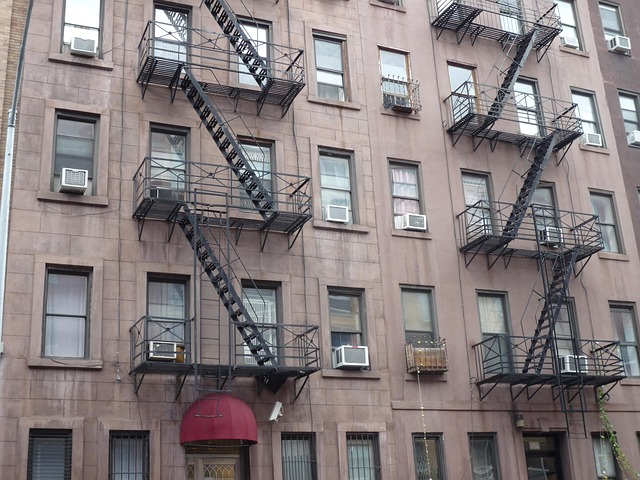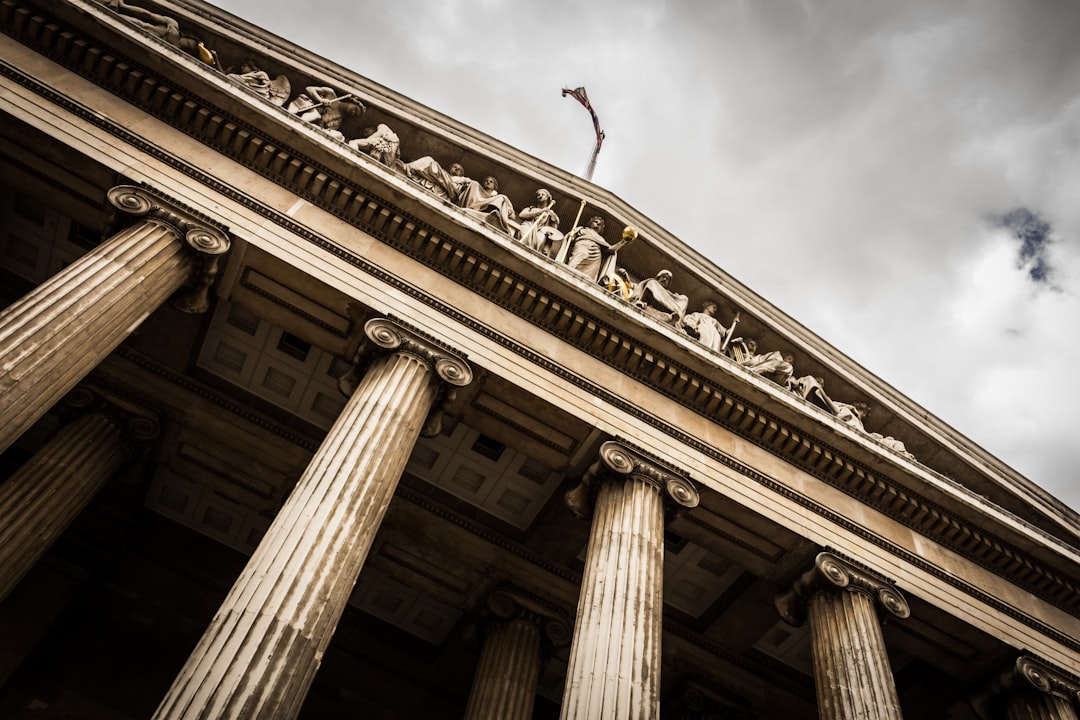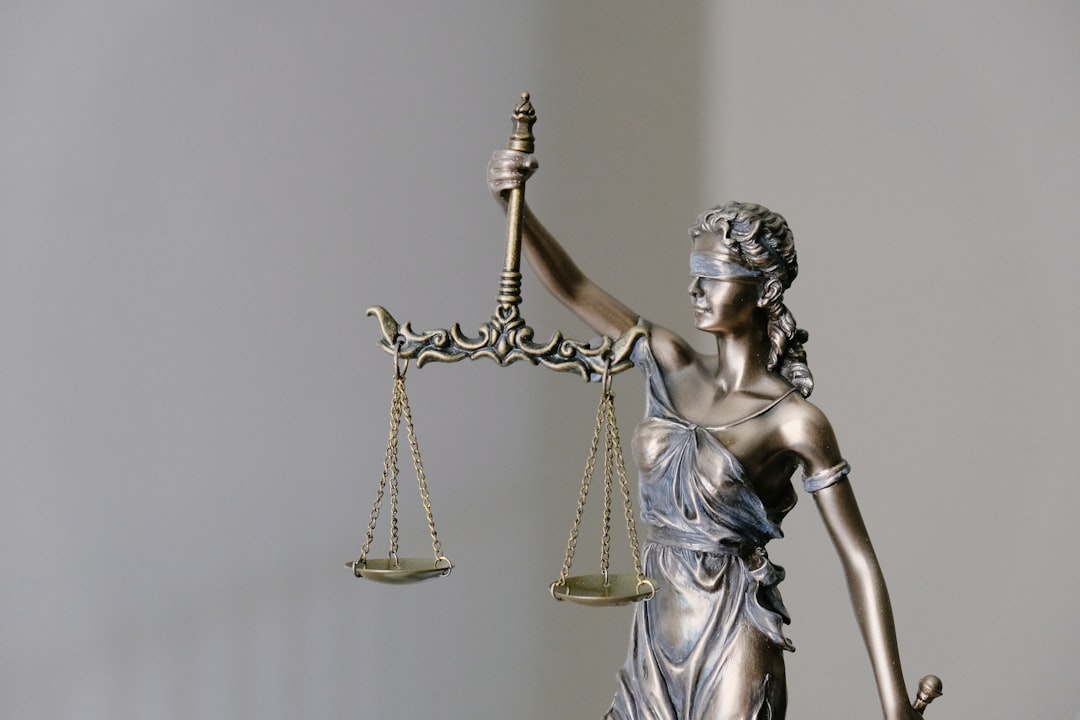In New York, strict laws protect students from sexual assault in schools, with specific provisions in Education and Penal Law. Schools must have policies in place, and victims can file civil lawsuits against responsible parties within three years. School abuse attorneys in New York City specialize in navigating these cases, advocating for victims' rights, and seeking justice through legal processes that involve evidence collection, witness testimonies, and settlements or trials.
“In New York, addressing school sexual assault is a critical aspect of ensuring student safety. This comprehensive guide navigates the legal process for victims and their families, focusing on the state’s stringent laws regarding school sexual misconduct. From understanding legal rights to the role of expert school abuse attorneys in NYC, this article provides an insightful look at filing lawsuits, gathering evidence, and navigating the complex journey towards justice and healing. Learn how to build a strong case and ultimately pursue accountability.”
Understanding New York's Laws on School Sexual Assault
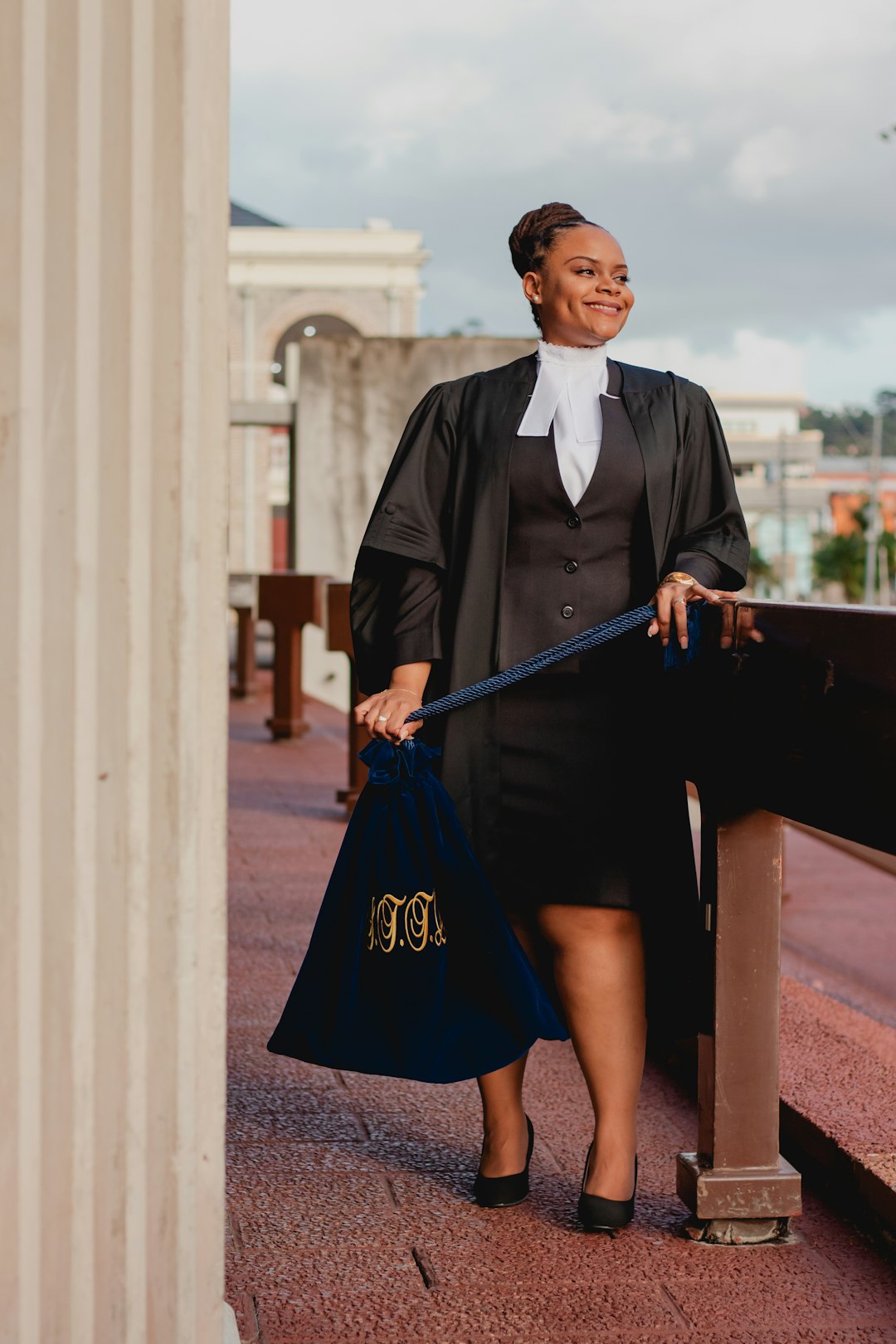
In New York, the laws regarding school sexual assault are designed to protect students and ensure accountability for perpetrators. The state has established stringent guidelines to address such incidents, with a strong emphasis on prevention, reporting, and support for survivors. Understanding these laws is crucial for both victims seeking justice and school abuse attorneys in NY navigating legal options.
New York’s Education Law and Penal Law contain specific provisions related to sexual misconduct in educational institutions. These laws outline the rights of students, the procedures for reporting assaults, and the potential consequences for offenders. Schools are required to have policies in place to handle such cases, ensuring a safe learning environment. When an incident occurs, victims should be encouraged to report it promptly, as this triggers a series of legal and support processes aimed at resolving the issue effectively.
Filing a Lawsuit: Who Can Sue and When
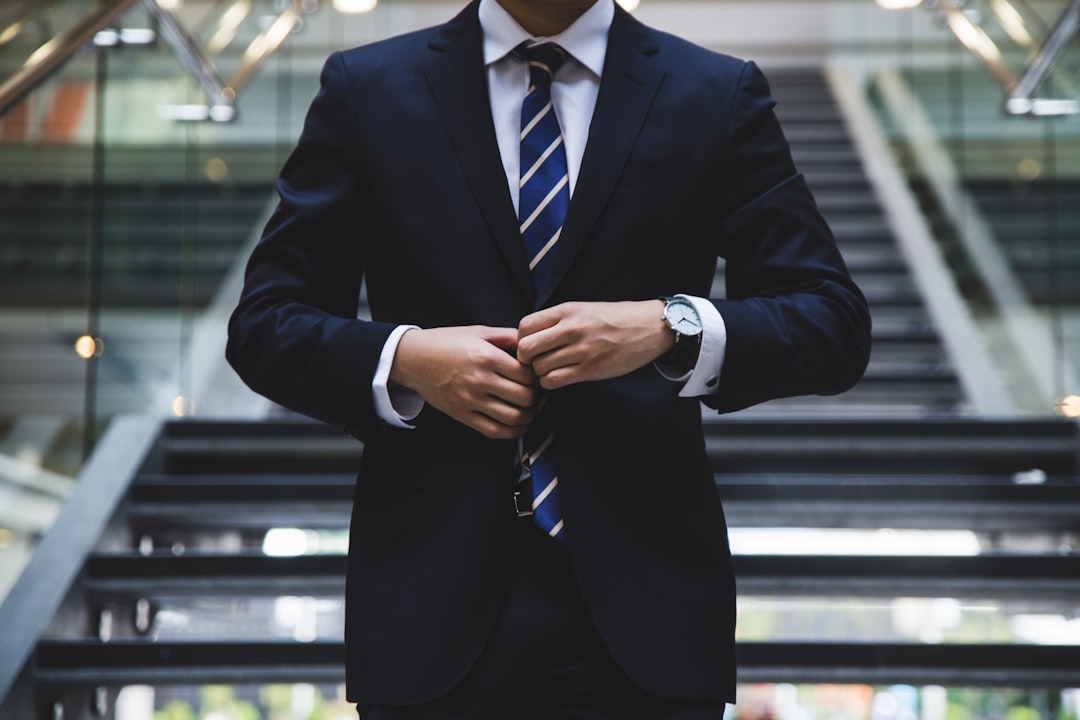
In New York, victims of sexual assault within a school setting have legal recourse through filing a lawsuit. Who can sue and when is an important consideration for anyone navigating this traumatic experience. Generally, any individual who has suffered sexual abuse or harassment while attending a New York school—including students, teachers, staff, and even visitors—may bring a civil lawsuit against the responsible parties. This includes institutions like schools, school districts, and individuals who contributed to the creation of a dangerous environment through negligence or intentional acts.
The time frame for filing a lawsuit varies but is typically within three years of the incident. However, there are exceptions and nuances that a school abuse attorney in New York can help clarify. It’s crucial to act promptly because delays can impact the strength of your case. Consulting with experienced school abuse attorneys in NY is an essential step towards justice and healing for victims and ensuring accountability from those who caused harm.
The Role of School Abuse Attorneys in NYC
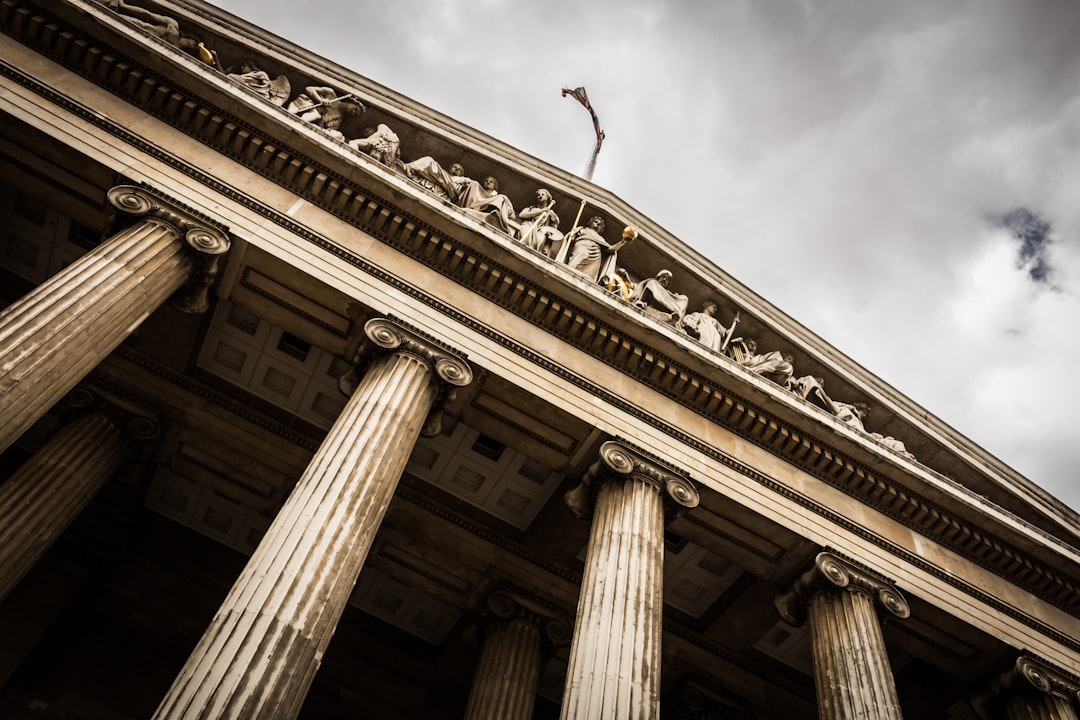
In the complex landscape of school sexual assault lawsuits in New York City, school abuse attorneys play a pivotal role in advocating for victims’ rights. These legal professionals are equipped to navigate the intricate procedures and regulations surrounding such cases, ensuring that students who have endured trauma receive the justice they deserve. With an in-depth understanding of New York’s laws and policies, they guide clients through every step, from initial reporting and investigations to civil litigation.
School abuse attorneys in NYC offer specialized support, providing victims with a safe space to share their experiences. They collect evidence, interview witnesses, and collaborate with experts to build compelling cases. Their expertise lies in translating the emotional into legal arguments, ensuring that the unique circumstances of each case are presented effectively. These attorneys fight for appropriate compensation and systemic changes, aiming to create a safer environment for all students.
Building a Strong Case: Evidence and Testimonies
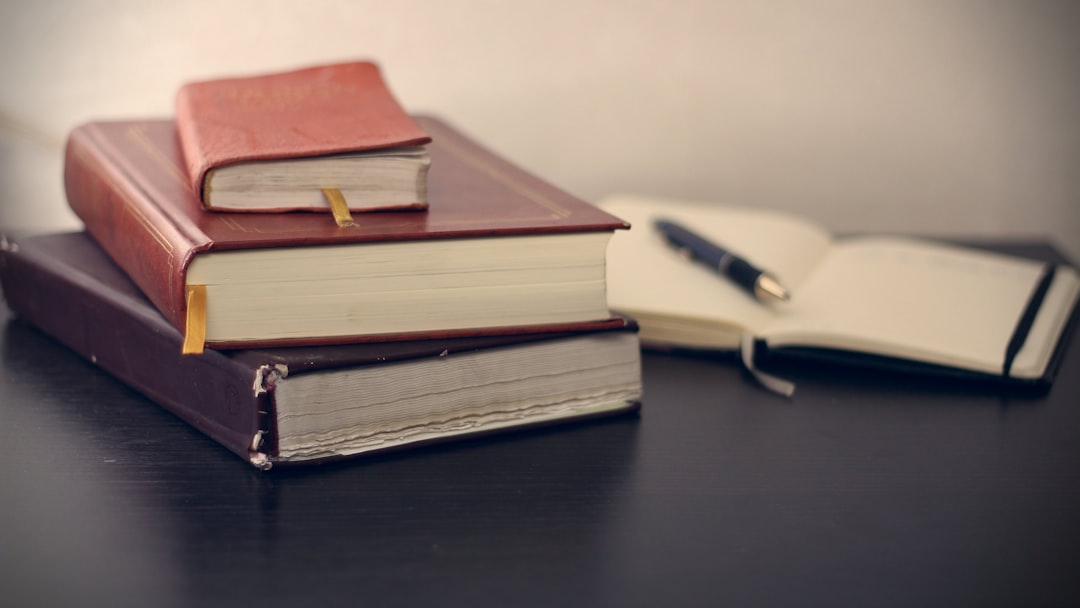
Building a strong case in a school sexual assault lawsuit requires gathering compelling evidence and testimonies. Students who have suffered such trauma may have physical evidence like medical records or DNA results, which can serve as critical pieces of the puzzle. However, emotional and psychological impacts are equally significant, and these can be documented through counseling reports, therapy sessions, and expert witness testimony from mental health professionals.
Testimonies play a pivotal role in these cases. Those involved, including the survivor, family members, friends, and even educators who may have witnessed or suspected the abuse, can provide powerful statements. Consistent accounts from multiple sources strengthen the case, making it easier for school abuse attorneys in New York, NY, to navigate the legal complexities and advocate for justice.
Navigating the Legal Process: From Complaint to Settlement
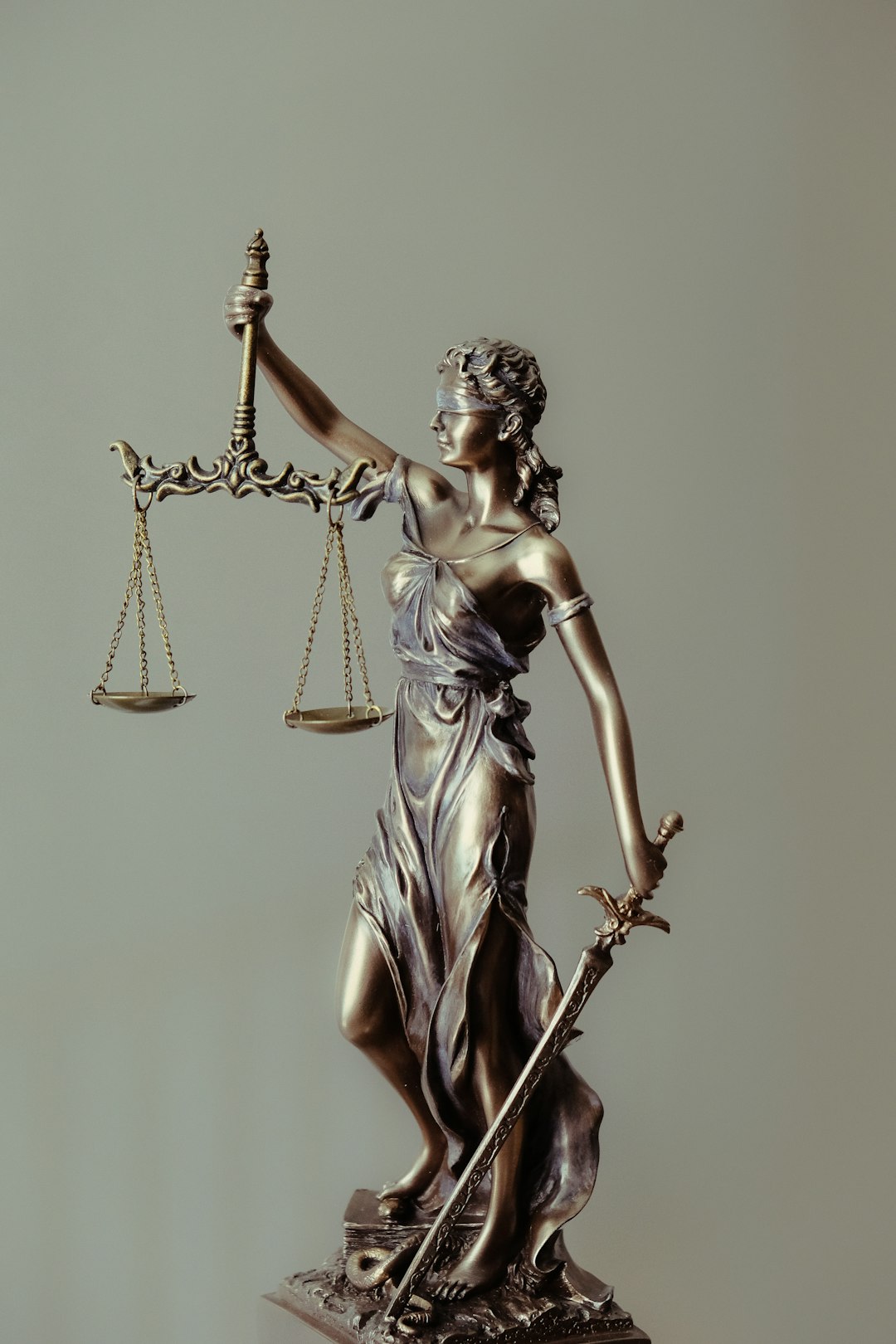
Navigating the legal process in a school sexual assault case can be complex, but with the right guidance from experienced school abuse attorneys in New York, NY, victims and their families can ensure their rights are protected. The journey begins when a complaint is filed, outlining the allegations of sexual misconduct against an educational institution, staff member, or both. This initial step is crucial as it triggers the legal process and sets the stage for further action.
From there, the case progresses through various stages, including investigations, depositions, and potentially trial. Skilled attorneys will gather evidence, interview witnesses, and construct a compelling argument to hold the responsible parties accountable. Many cases settle outside of court, resulting in monetary compensation for the victim’s suffering. This process requires strategic negotiations and a deep understanding of the law, ensuring the victim receives justice while mitigating future legal complexities.


